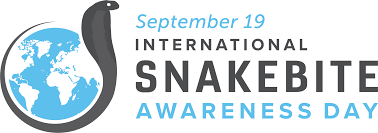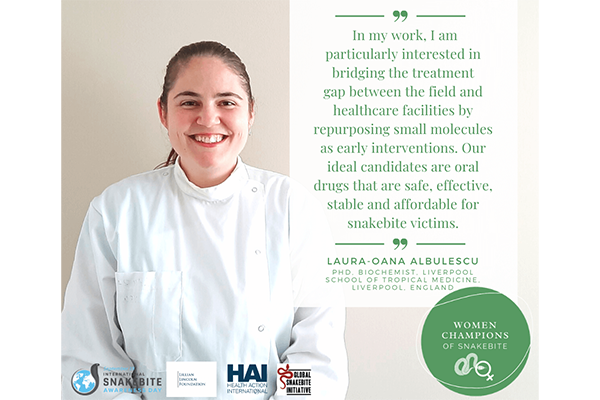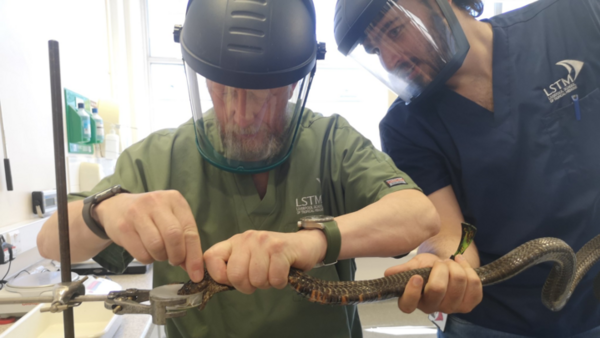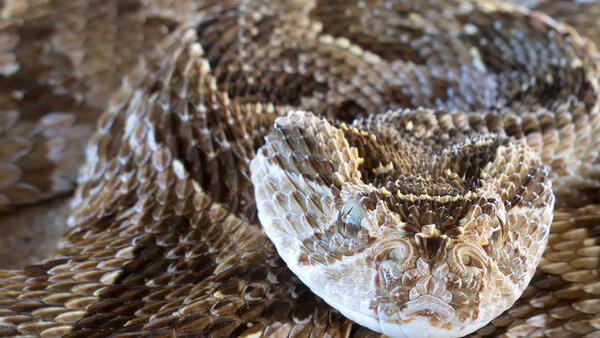
International Snakebite Awareness Day 2021

Snakebite is a life-threatening medical emergency resulting in 1.8 million envenomings, 138,000 deaths and 400,000 cases of long-term morbidity annually, and predominately affects rural impoverished victims of the tropics.
Thus, every minute, a snakebite victim suffers permanent disability or death, and the total mortality burden equates to a third of those dying annually from malaria. In India, there is one snakebite death for every two by HIV/AIDS.
These startling figures stimulated the former UN Secretary-General Kofi Annan to refer to snakebite as “the biggest public health crisis you’ve never heard of”, the World Health Organization (WHO) to classify snakebite as a priority neglected tropical disease (NTD), and the biomedical charity Wellcome to make snakebite a priority topic for research funding.
While systemic envenoming (e.g. neuromuscular paralysis, haemorrhage) causes life threatening symptoms in snakebite victims, local snakebite pathology is rarely immediately life-threatening, but instead results in long-term morbidity, including loss of limb function, scarring and/or amputation, while associated stigma and loss of economic productivity can drive already impoverished victims and their families into deeper poverty.
The burden of snakebite morbidity is estimated to be an amount greater than most other NTDs, including trypanosomiasis, leishmaniasis and dengue. For all of the reasons outlined above, snakebite continues to be a major global health issues that requires both immediate and sustained action.
Professor Nicholas Casewell
Head of Centre for Snakebite Research & Interventions
Celebrating Women Champions of Snakebite
Women around the world play an important role in snakebite and snake conservation. In 2020 International Snakebite Awareness Day highlighted contributions from women who are tackling snakebite and human-snake conflict issues and featured LSTM's Dr Laura-Oana Albulescu and her research work which focuses on developing novel therapies to treat snakebite envenoming from a pathology perspective.

The Centre for Snakebite Research & Interventions
LSTM’s CSRI remains at the forefront of research into new and innovative methods to treat snakebite amongst some of the worlds poorest populations and continue to advocate to raise the profile of the condition, which was designated as a neglected tropical disease (NTD) by the World Health Organization in 2017.
The Snakebite Crisis
Neglected. Ignored. Underestimated.
International Snakebite Awareness Day 2021 presents the public health crisis and the burden of human suffering caused by the bites of venomous snakes.

